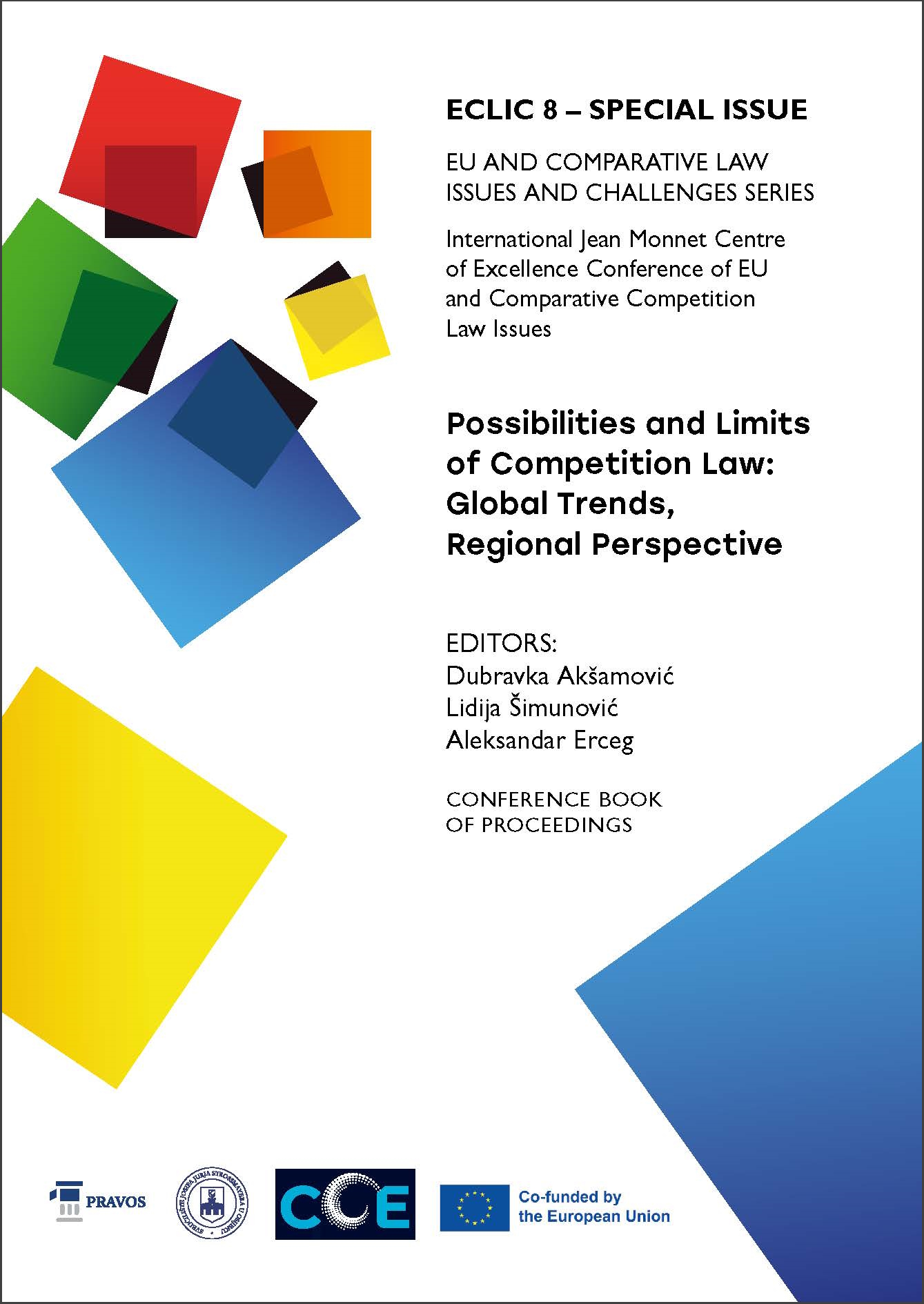MODERN-DAY SOLUTIONS FOR MODERN-DAY GLOBALISATION
PROPOSALS FOR CURBING IMPORTED ANTI-COMPETITIVE BEHAVIOUR
DOI:
https://doi.org/10.25234/eclic/35833Abstract
Cross-border conduct, such as cross-border cartels, export cartels, and abuse of dominance by multinational corporations, undertaken by firms in developed economies, can affect the economies of developing countries. This paper argues that such anti-competitive behaviour can only be curbed through the cooperation of the competition agencies of developing countries. Through looking at the harms of such conduct and assessing past and possible future solutions, this paper finds that creating a global competition law is not the only solution to this problem, but rather that plurilateral (or regional) and bilateral cooperation can be equally effective. Further, it finds that regional cooperation is not only effective in its own right, but also as tool to eventually reach an effective form of multilateral cooperation. Accordingly, it makes suggestions pertaining to international law instruments that can be used to limit cross-border anti-competitive conduct, the content of regional and bilateral agreements, and the role of international organizations in soft cooperation.
Downloads
Published
Issue
Section
License
Copyright (c) 2025 Marina Iskander

This work is licensed under a Creative Commons Attribution-NonCommercial 4.0 International License.
Authors retain the copyright on the papers published in the Journal, but grant the right of first publication to the Journal. Papers accepted for publication or already published in ECLIC of the Faculty of Law in Osijek may be published by the author(s) in other publications only with proper notice of its previous publication in ECLIC.


